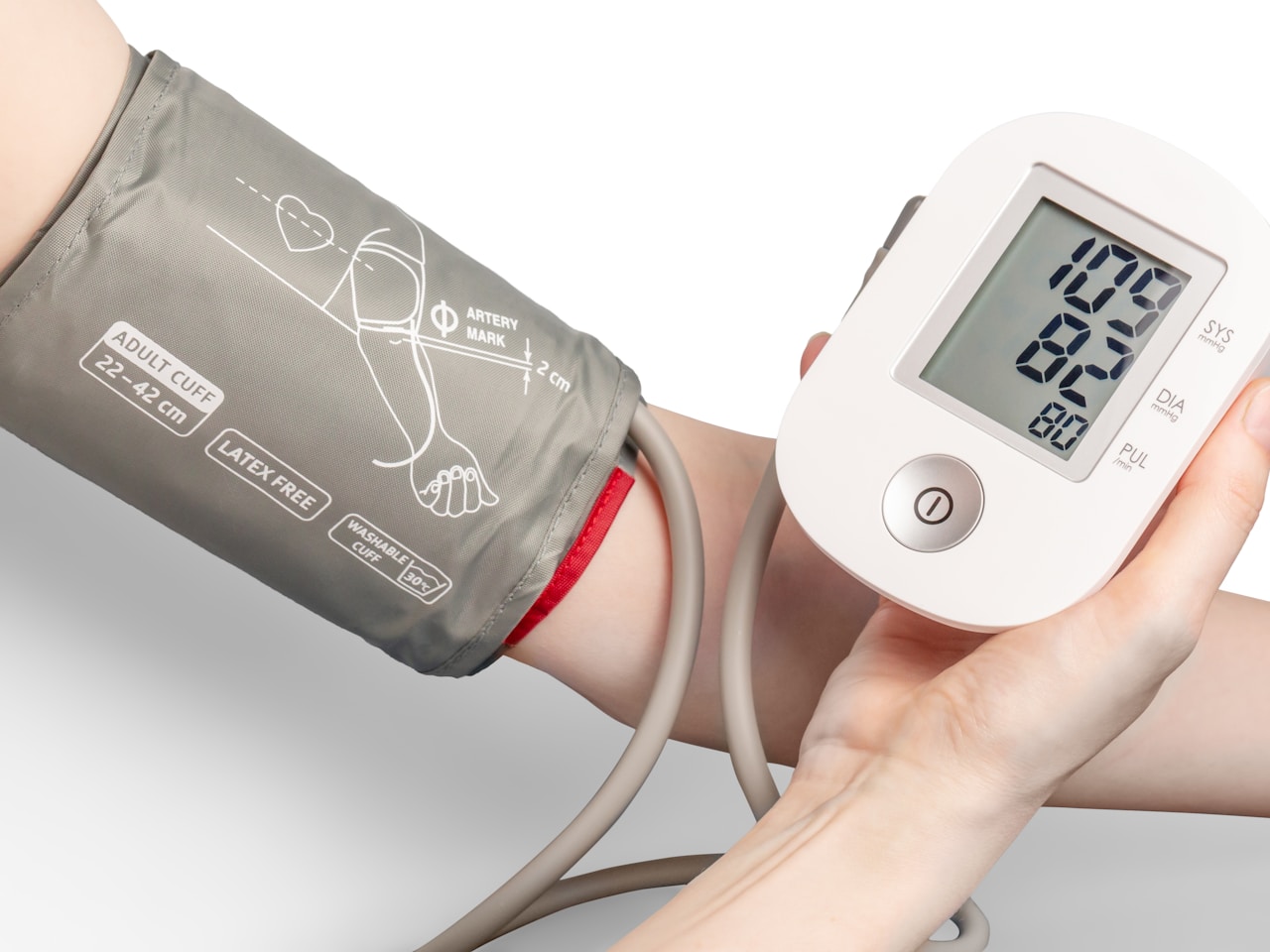How to prevent mood disorders?
In this advancing age of social media and social networking sites a number of mood related disorders and ailments are emerging rapidly.
Being very common mental disorders including depression , anxiety and bipolar mood disorders can seriously effect one’s daily life . A person is so effected by these disorders that he can not normally focus on his life and unable to complete his daily chores . the first and the foremost step is to look into the factors leading to development of such disorsers. The symptoms that are common among different age groups should be e\analyzed and categorized . once the symptoms are conclusive of mood disorder then proper steps should be taken to reduce the symptoms through effective teatemnt and management plans.
Types:
In order to have an insight of mood disorder we are supposed to know different types of mood disorder based on specific and non specific symptoms and signs.
Two most Common types of mood disorders are :
Major depressive disorder
Bipolar disorder ( mania or hypomania)
Bipolar disorder :
As the name suggests this disorder has a bipolar nature including two phases:
A maniac or hyperexcited phase
A hypomaniac or depressed phase
There is a shift in person’s mood , energy levels and focusing ability. These shifts can make it difficult to get along with the daily life tasks.
Causes:
Childhood trauma
Broken family
Drug /alcohol abuse
Stressful life events
Major depressive disorder
It only includes depression . unlike the bipolar disorder that has mania and hypomania both phases. Depression. There are certain symptoms to label as depression . A person is only labeled depressed when having thses symptoms consistently for atleast 2 weeks .
Symptoms:
Lack of appetite
Fatigue
Recurrent headaches
Irratibilty (agitation)
Loss of concentration
Loss of libido
Sleep problems
Anger issues
Social withdrawl
Guilt
Above mentioned are the symptoms that are very common among people with depression . These symptoms are seen among teenagers as well as elder age group owing to number of causes responsible for it . When a person is depressed he feels low energy levels making it difficult to focus and hence loss of concentration. Altered sleeping habits having insomnia and loss of appetite . Moreover a depressed person is compelled to have alcohol to get rid of depression leading to life threatening health disorders. Such a person gets agitated easily and developes anger issued due to lack of coping capabilities.
Depressed person remains in constant guilt of his shortcomings and becomes socially distracted, wanting to be all alone . this can also provoke to end one’s life in its extreme forms.
Causes
A number of causes that lead to development of depression are mentioned below and by preventing these causes, depression can be reversed effectively:
Psychological Causes
Negative thinking and negative personality traits ( TYPE A personality)
Substance abuse
Stressful events in life
Anxiety disorder
Environmental disorders;
Social / mental/ emotional stress
Conflict between parents or Toxi fmily
Social discrimination
Bullying / cyberbullying
Financial stress
Family history of mental disorders
Smartphone addiction
Risk Factors:
Not known clearly but a combination of factors are involved for the development of mood disorders including emotional , psychological , environmental , biological and most importantly genetic risk factors are responsible.
Treatment and Management:
As it is a disese entity so it has treatment as well.
Treatment of mood disorders is dased on medication and lifestyle modification. Different groups of drugs are used for the treatment as antidepressants , mood stabilizers and at times antipsychotic medications are also used accordingly.
Consultant based medical therapies are available too which include cognitive behavioral therapy and interpersonal therapy. Through combined efforts of both the consultant and the patient going hand in hand , result in profound improvement of symptoms and signs.
Lifestyle modificationS:
The most important aspect which is taken for granted is the lifestyle modification. It includes the way you carry yourself around the society and your peer realtionships.
The constructive changes that you can implement are:
- Going on walk for atleast 30 mins daily
- Doing exercise for 2-3 times a week (can be cardio or strength training)
- Eating healthy and clean food
- Developing a habit of writing a journal
- Writing down things that bother you ( will help you to get rid of unwanted thoughts)
- Taking part in outdoor activities/games ( playing cricket or football)
- Being indulged in a proper job according to one’s interest
- Adequate sleep of atleast 7-8 hours
- Less use of social media sites and screen time should be reduced.
- Having constructive relationship with peers and fellows
Conclusion:
As discussed already that mood disorders are present among people of all age groups based on different risk factors and causes resulting in symptoms of depression and bipolar disorder.
We know that “Prevention is better than cure” so we need to implement the lifestyle modification so that there is less chance of development of depression and mood disorders.
Already developed disorder can be corrected by pharmacological medication and behavioral therapies as CBT ( cognitive behavioral therapy) and IPT ( interpersonal therapy ) which has one to one session with the consultant . These are the curative and preventive measures leading to a stress free lifestyle . A positive amount of stress is the need of motivation but when the things get worse put a stop to it.
Useful Information and Support
Discover a wealth of valuable resources designed to enhance the quality of life for seniors and individuals in need of assistance. From informative articles and helpful tips to interactive tools and educational materials, our collection is curated to empower and support you on your journey to living comfortably and independently at home.

Helpful Home Care Resources
Personalized home health care for seniors and those in need.

Helpful Home Health Care Resources
Downloadable guides for managing chronic conditions, falls, and mental wellness. Empower informed decisions.

Helpful Resources for Seniors
Expert insights, research findings, and personal stories on home health care.
